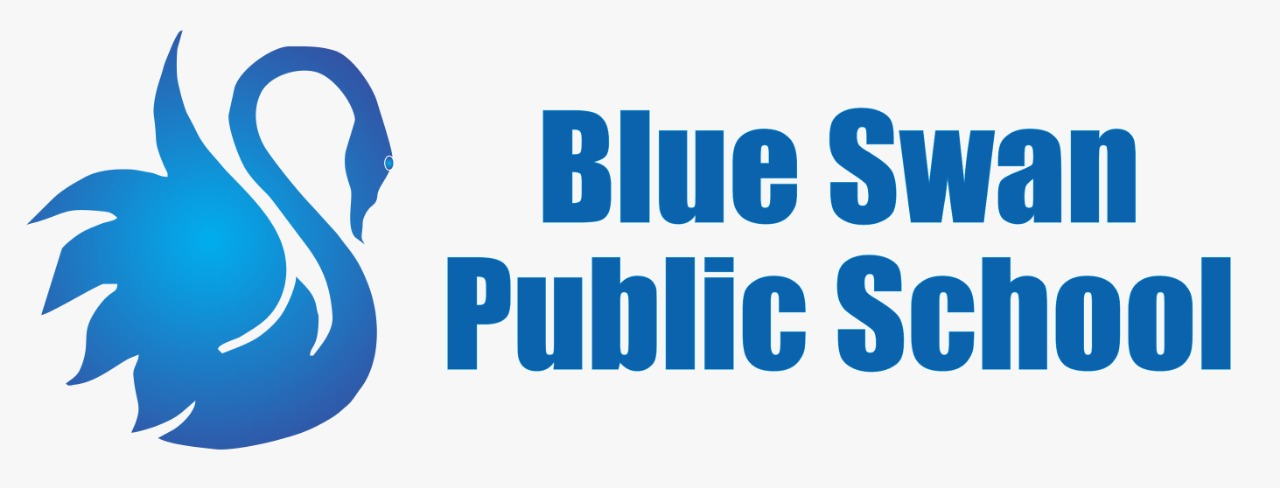
Philosophy of Our Curriculum
The curriculum is based on the belief that children learn best through “active learning,” direct, hands-on experiences with people, objects, events, and ideas.
Children are encouraged to “construct’ their own knowledge by pursuing their personal interests and goals, guided by trained adults who understand the important learning areas for children in the preschool years. Active learning is central to all the activities in the program, whether planned by adults or initiated by children. Our Curriculum, in other words, reflects in its 3 C’s Curriculum- Child, Content, and Context.

What does this curriculum include?
Key Developmental Indicators
Preschool Key Developmental Indicators (Key Experiences) “Key developmental indicators” (KDls) are early childhood milestones that guide teachers as they plan & assess learning experiences & interact with children to support learning. The term “key developmental indicators” replaces the term “key experiences.”
Glimpse of Curriculum
- Approaches to Learning Making and expressing choices, plans, and decisions, Solving problems encountered in play.
- Language, Literacy, and Communication Talking with others about personally meaningful experiences Describing objects, events, and relations, Having fun with language: listening to stories and poems, making up stories and rhymes, Writing in various ways: drawing, scribbling, letter-like forms. invented spelling, conventional forms, Reading in various ways: reading storybooks, signs, and symbols, one’s own writing, Dictating stories.
- Social and Emotional Development Taking care of one’s own needs, Expressing feelings in words, Dealing with social conflict.
- Physical Development, Health, and Well-Being.
- Arts and Sciences Paper tearing, Watercolours- dabbing, Paper crumpling and pasting, Clay modeling and many others.
- Science and Technology: Classification Recognizing objects by sight, sound, touch, taste, and smell, Exploring and describing similarities, differences, and the attributes of things and others.
- Social Studies.
- Time
- Visual Arts
- Dramatic Art
- Music
- Fine Motor Development
- Mathematics
